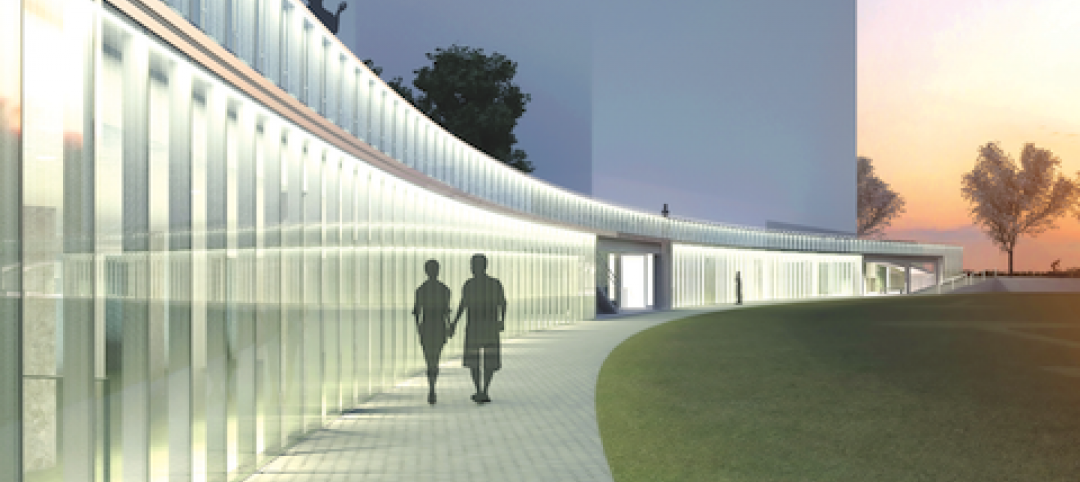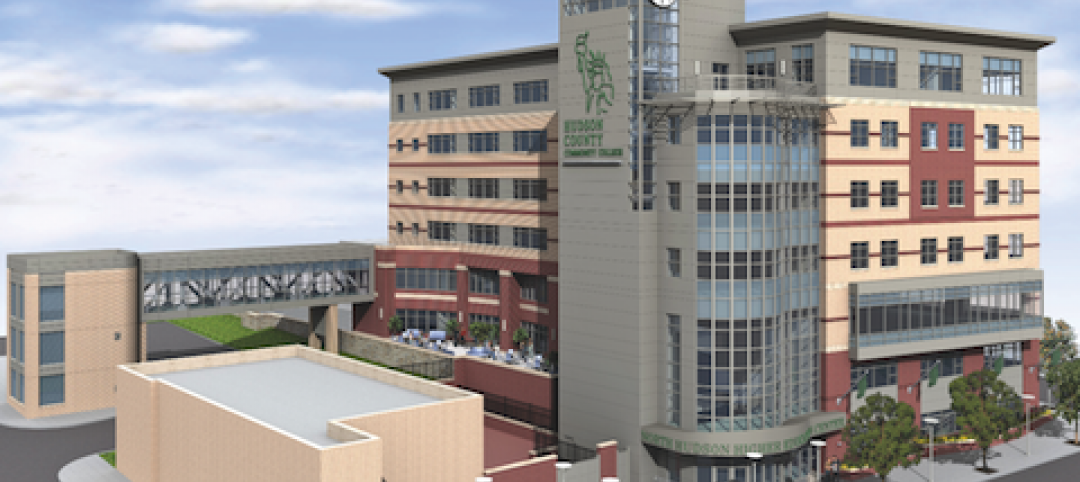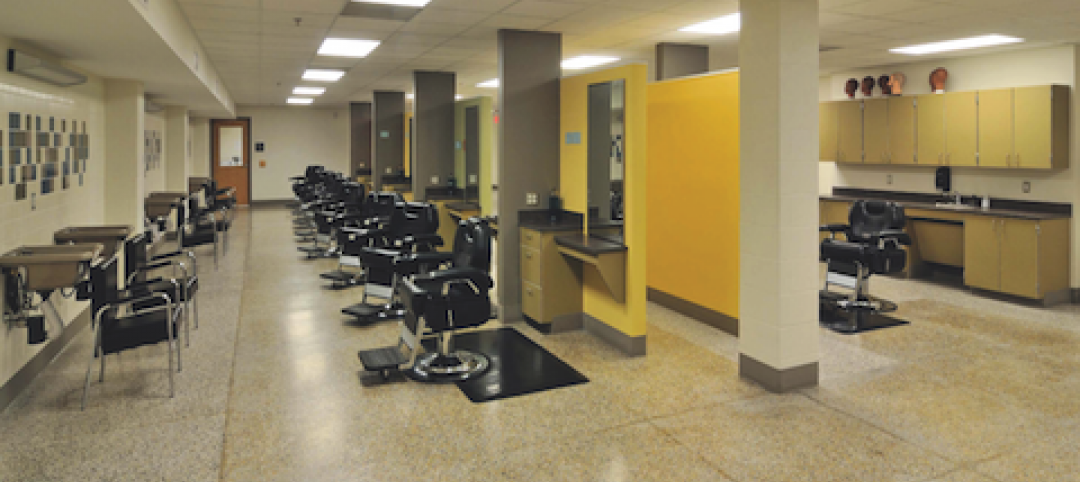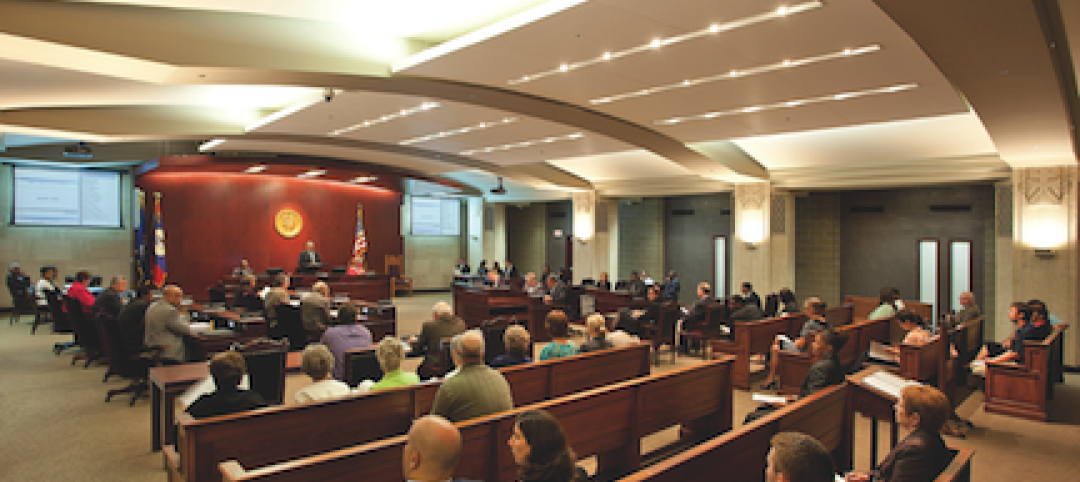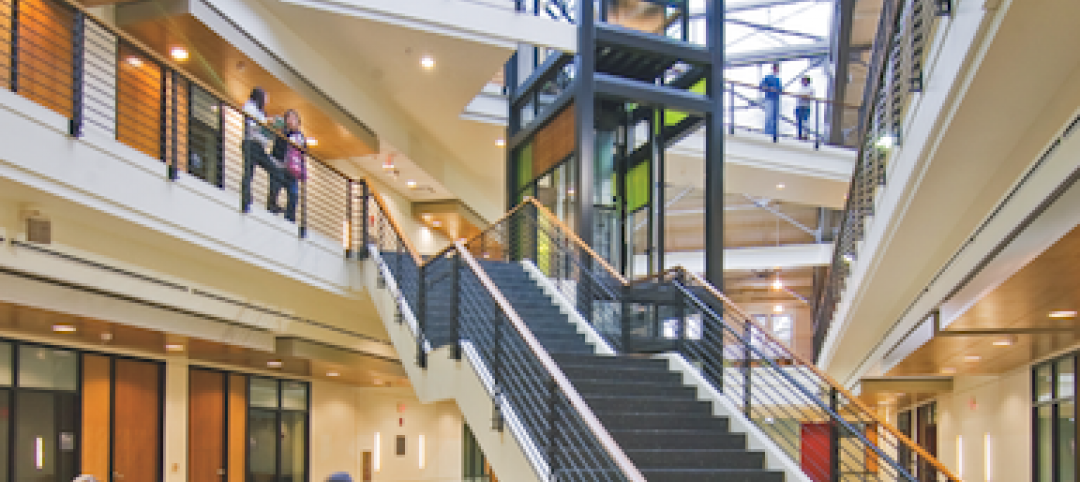Arup, a multidisciplinary engineering and consulting firm with a reputation for delivering innovative and sustainable designs, announced today that it has opened an office in Montréal, Québec. Active in Canada since 2000 when it opened its Toronto location, Arup has had a presence in Montréal to deliver the design of the recently opened Autoroute 30. The office will be led by Associate Principals Martin Landry, QAA and Douglas Balmer, and will deliver engineering and consulting services to the Québec market.
“Our new Montréal office further establishes Arup’s commitment and investment in the Canadian market, and increases our ability to provide the highest-quality service to clients in multiple market sectors,” said Andrew McAlpine, principal at Arup. “We are excited to formalize and expand our presence in this vibrant community. We have had a warm welcome here and experienced growing interest in what Arup offers.”
Arup embraces the ideal of total design: the integration of the design and construction processes and the interdependence of all the professions involved. A driving force within the firm since its founding in 1946, this idea supports the creative nature of engineering design, the value of innovation and the social purpose of design.
Furthermore, Arup’s independent ownership structure leads to clear-sighted, thoughtful decisions about its priorities as a business and a member of society and enables principled advice that puts the needs of clients and communities at the forefront.
Arup’s recent projects in Québec include the Autoroute 30 (A30), the 42 km highway including nine interchanges, twin two-km-long bridges, 29 other bridges, and a 100-m tunnel beneath the Soulanges Canal; a number of assignments over many years planning the growth and development of Mirabel, Pierre-Elliott-Trudeau and Jean Lessage International Airports; and working as part of a team with PricewaterhouseCoopers (PwC) to establish the business case for replacement of the Champlain Bridge. Other projects in Canada include design of two stations on the Toronto-York Spadina Subway Extension in Toronto, planning and engineering associated with the redevelopment of Toronto’s waterfront, and design of two stadiums and the velodrome being used for the 2015 Pan/Parapan American Games.
About Arup
Arup is the creative force at the heart of many of the world’s most prominent projects in the built environment and across industry. Its engineers and consultants deliver innovative projects across the world. Arup opened its first US office 25 years ago, and now employs 1,000 in the Americas. The firm was founded in 1946 with an enduring set of values that fosters a distinctive culture, intellectual independence and collaborative approach. The people at Arup are driven to find a better way to deliver better solutions for their clients. (www.arup.com)
Related Stories
| Oct 13, 2010
HQ renovations aim for modern look
Gerner Kronick + Valcarcel Architects’ renovations to the Commonwealth Bank of Australia’s New York City headquarters will feature a reworked reception lobby with back-painted glass, silk-screened logos, and a video wall.
| Oct 13, 2010
New health center to focus on education and awareness
Construction is getting pumped up at the new Anschutz Health and Wellness Center at the University of Colorado, Denver. The four-story, 94,000-sf building will focus on healthy lifestyles and disease prevention.
| Oct 13, 2010
Community center under way in NYC seeks LEED Platinum
A curving, 550-foot-long glass arcade dubbed the “Wall of Light” is the standout architectural and sustainable feature of the Battery Park City Community Center, a 60,000-sf complex located in a two-tower residential Lower Manhattan complex. Hanrahan Meyers Architects designed the glass arcade to act as a passive energy system, bringing natural light into all interior spaces.
| Oct 13, 2010
Community college plans new campus building
Construction is moving along on Hudson County Community College’s North Hudson Campus Center in Union City, N.J. The seven-story, 92,000-sf building will be the first higher education facility in the city.
| Oct 13, 2010
Bookworms in Silver Spring getting new library
The residents of Silver Spring, Md., will soon have a new 112,000-sf library. The project is aiming for LEED Silver certification.
| Oct 13, 2010
County building aims for the sun, shade
The 187,032-sf East County Hall of Justice in Dublin, Calif., will be oriented to take advantage of daylighting, with exterior sunshades preventing unwanted heat gain and glare. The building is targeting LEED Silver. Strong horizontal massing helps both buildings better match their low-rise and residential neighbors.
| Oct 12, 2010
Holton Career and Resource Center, Durham, N.C.
27th Annual Reconstruction Awards—Special Recognition. Early in the current decade, violence within the community of Northeast Central Durham, N.C., escalated to the point where school safety officers at Holton Junior High School feared for their own safety. The school eventually closed and the property sat vacant for five years.
| Oct 12, 2010
Guardian Building, Detroit, Mich.
27th Annual Reconstruction Awards—Special Recognition. The relocation and consolidation of hundreds of employees from seven departments of Wayne County, Mich., into the historic Guardian Building in downtown Detroit is a refreshing tale of smart government planning and clever financial management that will benefit taxpayers in the economically distressed region for years to come.
| Oct 12, 2010
Richmond CenterStage, Richmond, Va.
27th Annual Reconstruction Awards—Bronze Award. The Richmond CenterStage opened in 1928 in the Virginia capital as a grand movie palace named Loew’s Theatre. It was reinvented in 1983 as a performing arts center known as Carpenter Theatre and hobbled along until 2004, when the crumbling venue was mercifully shuttered.
| Oct 12, 2010
University of Toledo, Memorial Field House
27th Annual Reconstruction Awards—Silver Award. Memorial Field House, once the lovely Collegiate Gothic (ca. 1933) centerpiece (along with neighboring University Hall) of the University of Toledo campus, took its share of abuse after a new athletic arena made it redundant, in 1976. The ultimate insult occurred when the ROTC used it as a paintball venue.





